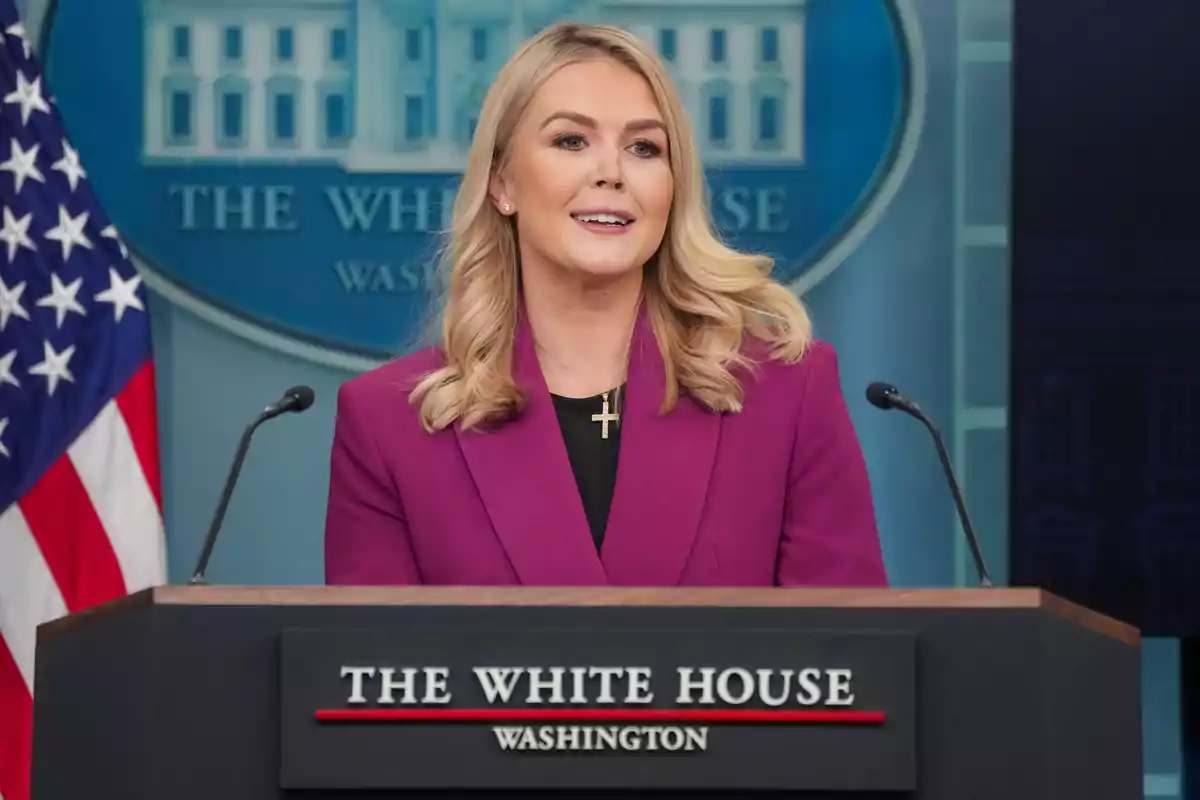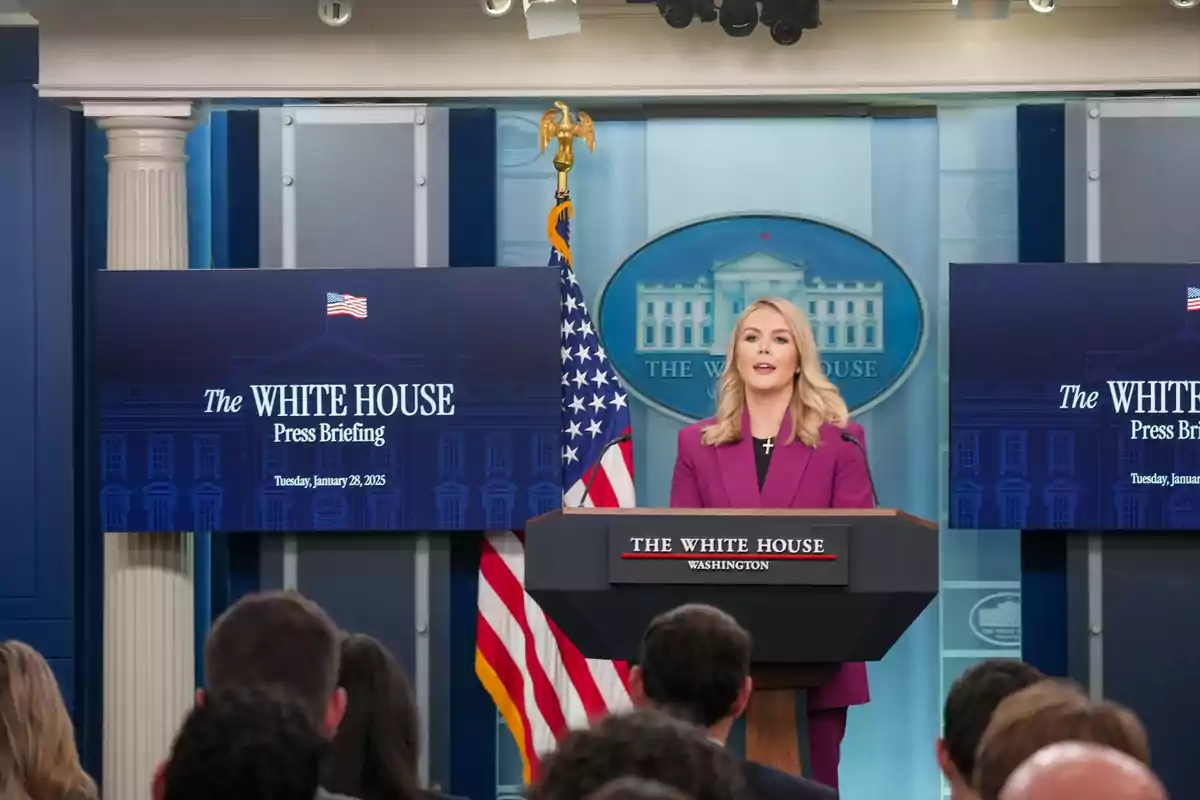
US announces a 25% tariff increase on Mexico and Canada, and a 10% increase on China
The White House spokesperson, Karoline Leavitt, confirmed that the tariffs will take effect this Saturday.
The White House has announced that, starting this Saturday, the United States will implement tariffs of 25% on imports from Mexico and Canada, and 10% on those from China. This measure responds to concerns about the illegal fentanyl trafficking entering the country from these nations.
The White House spokesperson, Karoline Leavitt, confirmed that the tariffs will take effect this Saturday. A 25% tariff will be applied to imports from Mexico and Canada, and 10% to those from China. Leavitt noted that these tariffs are a reply to the illegal fentanyl that has entered and been distributed in the United States, causing numerous deaths.
Canadian Prime Minister Justin Trudeau has warned that Canada will respond in a "determined" and "reasonable" manner to the tariffs imposed by the United States. Trudeau emphasized the importance of jointly addressing fentanyl trafficking and expressed his willingness to engage in dialogue with the U.S. president.

Meanwhile, Mexico has reiterated that it doesn't produce fentanyl and that it is a transit country for this drug. The Mexican government has expressed its commitment to collaborate with the United States and Canada to combat fentanyl trafficking and has requested a review of the imposed tariff policies.
The implementation of these tariffs could have a significant impact on the economies of the countries involved. Mexico and Canada are key trading partners of the United States, and the imposition of tariffs could affect supply chains and increase costs for consumers. Experts warn that these measures could trigger a trade war affecting the economies of North America.
Fentanyl is an extremely potent synthetic opioid that has contributed to an overdose crisis in the United States. Although much of the fentanyl reaching the United States comes from China, it is distributed through various routes, including Mexico and Canada.
The U.S. administration has intensified its efforts to combat fentanyl trafficking. It has also pressured its neighbors to strengthen their control measures.
The governments of Mexico, Canada, and China are expected to respond to the imposition of these tariffs in the coming days. Diplomatic talks and trade negotiations will be key to determining the evolution of trade relations in North America. Additionally, the effectiveness of the measures against fentanyl trafficking.
More posts: